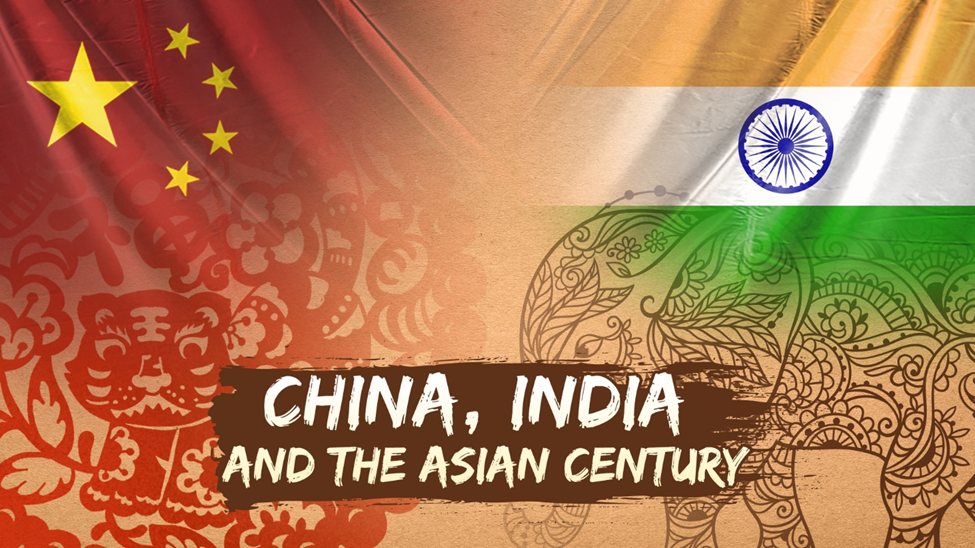It's on verge of eclipsing the UK economy, so can you afford NOT to invest in India?
- InduQin
- Jun 30, 2022
- 3 min read
Some 20 years ago, the acronym Bric came into being. The creation of Jim O'Neill, the chief economist of investment bank Goldman Sachs, it acknowledged that the engines driving world economic growth were shifting location – away from the developed economies of the West to emerging power bases.
Most notably, the countries of Brazil, Russia, India and China (Bric).
It's an acronym that has stood the test of time (although Bric has now become Brics with South Africa joining the drivers of that growth).

Last week, Brics leaders held their annual meeting in Beijing, China. It has also spawned the rapid development of a new exciting investment opportunity: namely, making money from investing in the stock markets of some of the world's fastest growing economies (not necessarily just Bric economies).
Hundreds of funds and stock market-listed trusts now invest in the world's emerging economies while some investment groups such as Ashmore specialise in such markets.
For most investors, emerging markets haven't quite delivered the stellar returns they expected. Rapid growth economies haven't escaped the impact of major crises such as the 2008 financial crash and of course, more recently, the Covid pandemic.
They have also had their own financial issues to contend with – for example, sliding currencies and huge debt burdens.
As a result, over the past five years, the average emerging markets fund has generated a return less than an investor would have got from investing in the stock markets of the UK, Europe and the world.
But the fact remains that the thesis behind Bric remains largely intact – that a new world order is under way that will see the globe's economic might continue to shift inexorably East.
It's a point made in an excellent new book, The World In 2050: How To Think About The Future, by economics journalist and Mail on Sunday City columnist Hamish McRae.
Drawing on research by economists at HSBC Bank, McRae believes that by around 2030, China will become the world's largest economy, surpassing that of the United States, and will remain so for the next 20 years and beyond.
India's economy, driven forward by a young and growing population, will surpass the size of the UK economy in the early 2020s and by 2050 will be the world's third largest economy. Brazil and Russia will be ranked 8th and 13th respectively.
On India, McRae highlights the 'many gifts' that will drive it forward – for example, a huge supply of skilled young people 'pouring' into technology-heavy industries and its great strength in both service industries and manufacturing.
Although he acknowledges the challenges that India faces in ensuring the country's growth is for the good of the entire population, and not just for the burgeoning middle class, McRae says 'stunning opportunities' abound.
Not surprisingly, for many professional fund managers, it is now India – not China – that represents one of the world's most exciting long-term investment opportunities. Not just as a result of the country's expected rapid economic growth over the next 30 years, but because India is the world's biggest democracy.
In investment terms, this means that its stock market, and the businesses that are listed on it, are not at the mercy of state interference as has happened recently in China. Investing in India is an unencumbered financial bet on the country's future.
Read More at https://www.dailymail.co.uk/money/investing/article-10952259/Its-set-eclipse-UK-economy-afford-NOT-invest-India.html




Comments